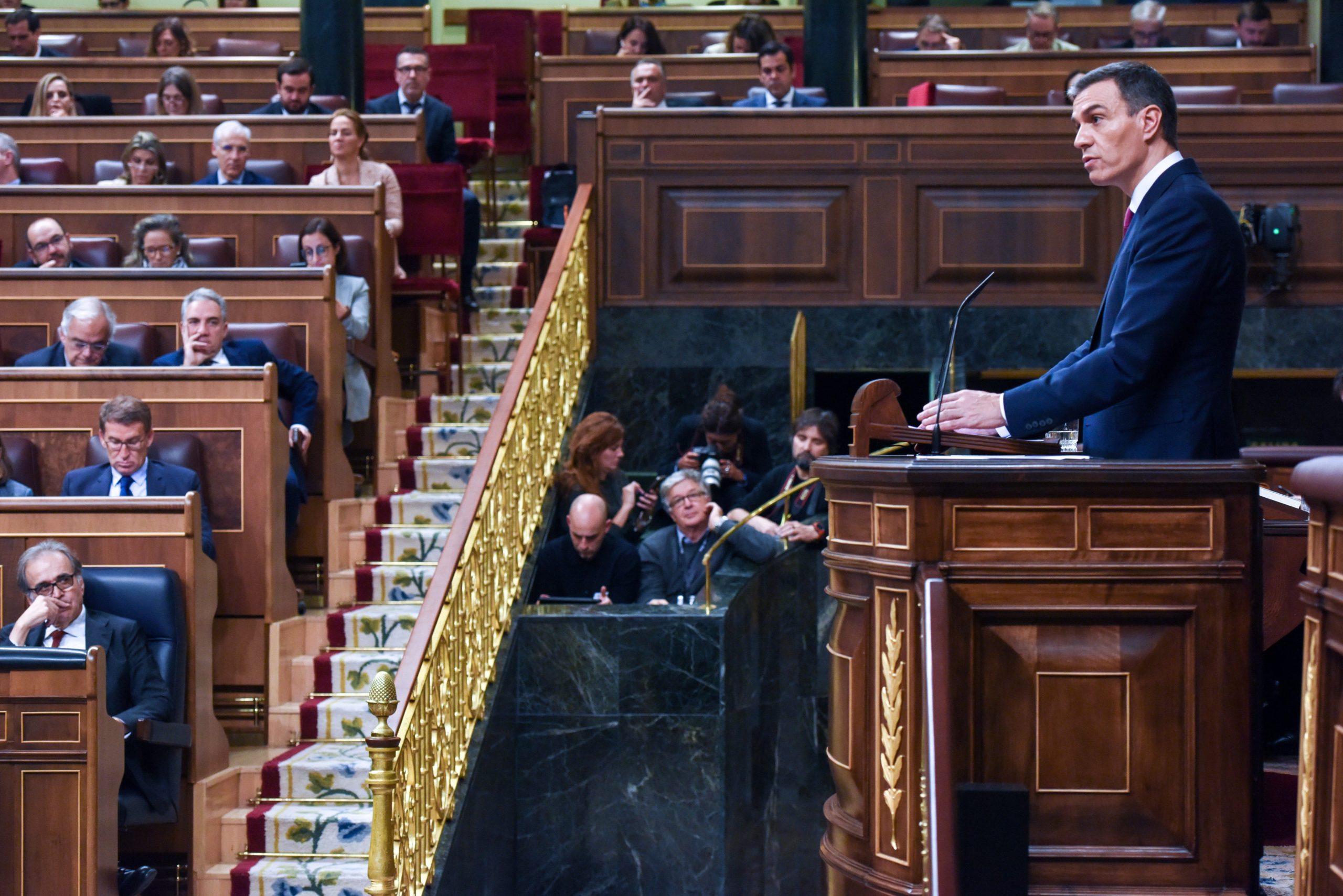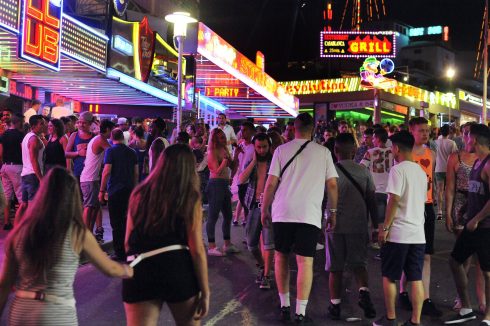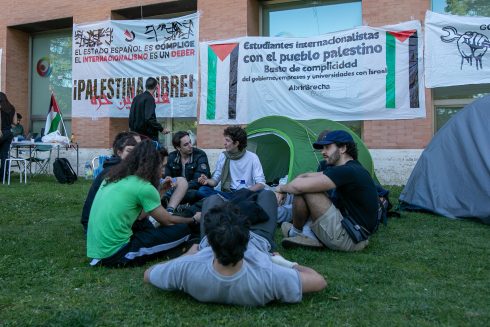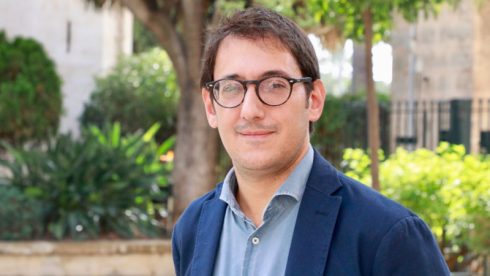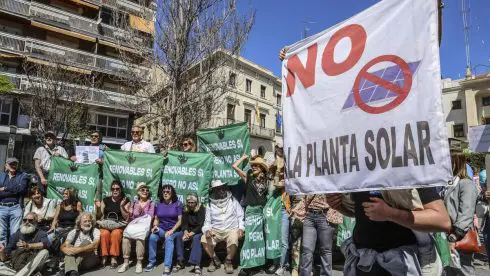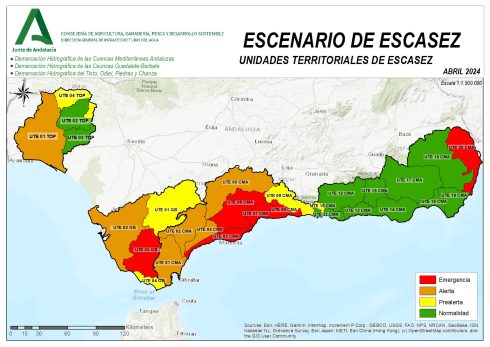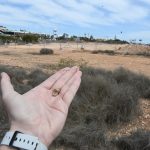PEDRO SANCHEZ was voted back in as prime minister by lawmakers in the Spanish parliament on Thursday, bringing to an end nearly four months of political stalemate since the inconclusive July 23 general election.
The Socialist Party leader managed to form a government on the second day of an investiture debate at the first of two possible votes, thanks to securing the majority he needed in the 350-seat Congress of Deputies. Should he have lost the vote today, a second poll would have been held on Saturday at which a simple majority – more yes votes than no – was necessary.
Sanchez has been prime minister since June 2018, after he won a vote of no-confidence he filed against then-leader Mariano Rajoy of the conservative Popular Party. After the inconclusive 2019 general election, he then formed a minority government in 2020 in coalition with leftist Unidas Podemos, securing the support of smaller groups for his investiture and to pass legislation.
As well as the votes from his own Socialist Party (PSOE), he was also backed at the investiture vote on Thursday by the new leftist alliance Sumar, which will be his coalition partner, the Catalan Republican Left (ERC), Together for Catalunya, EH Bildu, the Basque Nationalist Party (PNV), the Galician Nationalist Bloc (BNG), and the Canarian Coalition.
In total, he received 179 yes votes from the 350 lawmakers, with 171 no votes cast and zero abstentions.
The road back to power for Sanchez has, however, been paved with controversy. In order to secure the support of separatist parties ERC and Together for Catalunya he had to do deals that include the pardoning of debt for the northeastern region, a roadmap for negotiations on the future of the region, and most controversially, an amnesty for anyone who was involved in the Catalan independence drive over the last decade.
The most high-profile beneficiaries of the amnesty will be the then-premier of the Catalonia region back in 2017, Carles Puigdemont of Together for Catalunya, and his then-deputy, Oriol Junqueras of the ERC.
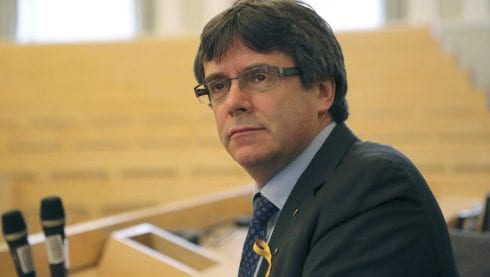
Puigdemont fled Spain in the wake of the events of October 2017, of which he was considered the architect. That month saw an illegal referendum on secession from Spain held in the region, and then a unilateral declaration of independence was passed by the regional government.
Since then Puigdemont has been living in self-imposed exile in Brussels to avoid arrest and trial, but under the terms of the amnesty he will be able to come back to Spain.
Junqueras, meanwhile, was arrested, tried and imprisoned for his role in the independence drive. He has since been pardoned by the government under the leadership of Pedro Sanchez and released from prison but is currently banned from holding public office. The amnesty would see this ban lifted.
Also to benefit will be the school principals who allowed their centres to be used as voting stations and police officers facing charges for their violent conduct toward members of the public during the illegal referendum, among other lower-profile figures.
Sanchez’s speech
Sanchez began his investiture speech in Congress on Wednesday at 12pm, and he started by voicing his respect for the hundreds of thousands of Spaniards who took to the streets on Sunday to protest against his amnesty plan, at demonstrations called by the PP.
But he then proceeded to warn of the dangers of the far right, citing examples such as the United States and Argentina, linking them to the rhetoric, actions and recent alliances between the PP and far-right Vox in Spain. The two parties went into a series of governing deals after local and regional elections earlier this year.
Despite cries from the PP lawmakers of ‘Amnesty!’, Sanchez did not mention the issue until he was around 90 minutes into his speech, which lasted around one hour and 40 minutes.
Policy announcements
He also made policy announcements, promising free public transport for young people and the unemployed, an extension of sales-tax reductions on certain foods to ease the cost-of-living crisis, and better services for mental health patients.
When he finally did get to the amnesty, he argued that the plan was ‘perfectly legal and in line with the Constitution’, and slammed the PP for its handling of the independence drive in 2017, which saw riot police sent in by the government forcibly and violently try to stop the illegal referendum on secession from Spain from going ahead.
He also argued that the right wing parties such as Vox and the PP were calling on Spaniards to protest not because of the amnesty, but because they didn’t accept the results of the July 23 elections. Feijoo has, in fact, been relentlessly calling for a new vote in recent weeks.
Feijoo on the attack
Feijoo, meanwhile, went on the attack from the first moment of his speech.
“You haven’t secured the support of anyone,” he railed. “You have bought it.”
He also accused the caretaker PM of having ‘no legal or ethical limits’ and of having ‘pathological ambitions’.
He also repeatedly attacked Sanchez for having ruled out an amnesty deal with the separatist parties ahead of the elections only to later change his mind.
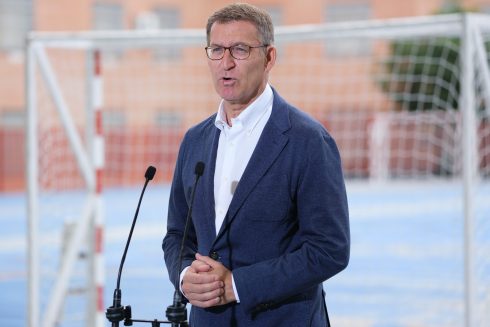
He did, however, recognise that the government that has now been formed by Sanchez is indeed legitimate, in contrast to claims by far-right Vox otherwise.
The often tense debate between the two party leaders was, at least, punctuated with some moments of levity.
Sanchez could not help but laugh as he poked fun at Feijoo’s previous claim that he was ‘not prime minister because he did not want to be’, given that the PP leader had tried and failed to form a government at an investiture vote of his own back in September, only securing the support of his own group, Vox, and two small parties.
He then also teased Feijoo for having confused a quote that he had cited from Spanish poet Antonio Machado, with a variation on the same quote included in a song by singer-songwriter Ismael Serrano.
Insults for lawmakers
Insults were hurled at PSOE lawmakers as they arrived at Congress on Wednesday, but the demonstrators were not out in force as they have been over the recent weeks outside the party’s headquarters in Madrid’s Ferraz street.
There were even fewer protestors by the parliament building on Thursday morning, as the second day of the debate got going, with around 1,600 police officers on patrol around the area.
On Thursday morning, however, deputies from the PSOE had eggs thrown at them when they left the police perimeter around Congress to have breakfast in a nearby bar.
Far-right Vox
Deputies from the far-right Vox party marched out of the chamber on Wednesday evening after their leader, Santiago Abascal, had made his speech, and headed out toward the Paseo del Prado, passing the police barrier, and greeting the protestors who had congregated there.
They did not return on Thursday morning to hear the rest of the debate, refusing to listen to speeches from the Basque Nationalist Party (PNV) and EH Bildu, the latter having historic links to the now-defunct terrorist group ETA.
During his time at the lectern on Wednesday, Abascal compared Sanchez to Nero and even Hitler, calling them all ‘the biggest criminals in history’. He also claimed that the amnesty law was the equivalent of a coup d’etat, something that earned him a rebuke from the speaker of the house, Francina Armengol, who instructed him to withdraw his words or else she would strike them from the parliamentary record.
Abascal refused to do so, however, and used the censure from the speaker to argue that she was making his point for him, and that deputies no longer enjoyed ‘freedom of expression’ in the lower house of parliament.
Insults from Isabel Diaz Ayuso
An unexpected protagonist of the debate on Wednesday was the Madrid regional premier, Isabel Diaz Ayuso of the Popular Party.
She was in the viewers gallery in Congress during yesterday’s debate, and was caught on camera mouthing ‘son-of-a-bitch’ about Pedro Sanchez when he made mention of corruption allegations against her brother over commissions received from the sale of face masks during the coronavirus pandemic.
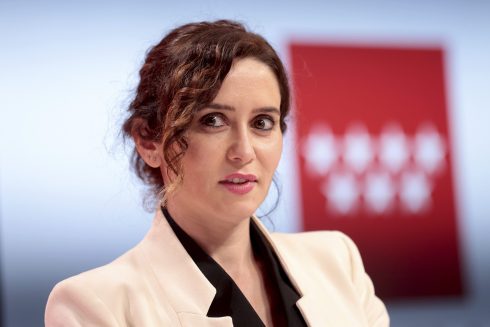
Rather than denying the allegations, representatives for the premier told Spanish daily El Pais that rather than saying ‘hijo de puta’, she had in fact said ‘me gusta la fruta’ (I like fruit).
They later confirmed that she had indeed proffered the insult toward Sanchez, and added that it was the ‘least that he deserved’.
What happens next
Now that Sanchez has been voted back in as prime minister, the speaker of the house will convey the news in person to King Felipe VI, at which point the Socialist Party leader will formally be named PM.
The appointment will then be published in the Official State Gazette (BOE) and the prime minister will be sworn into office in the presence of the king.
Read more:
- When will Pedro Sanchez become prime minister of Spain? The latest as the investiture debate begins TODAY
- Why are people across Spain protesting against Pedro Sanchez’s Catalan amnesty deal?
- Spain set to finally have a government as Pedro Sanchez secures 179 votes ahead of investiture vote next week

